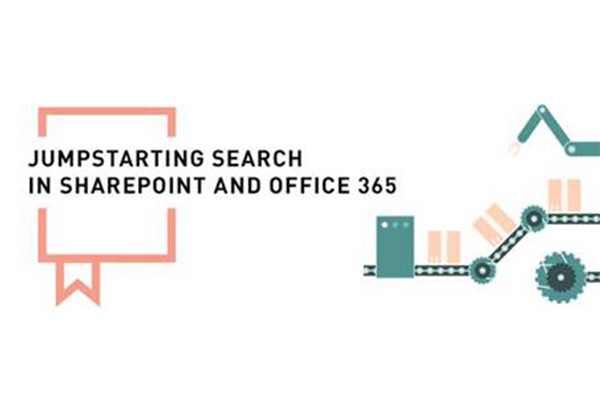
Rethink Search: Q&A with Agnes Molnar
Search doesn't often get the respect it deserves, and finding an expert on the topic can be a challenge. We caught up with search expert Agnes Molnar to hear some of her thoughts on what should go into an effective search process and protocol.
Search can be a simple process, but it also has layers of complexity. It's a critical component of your IT infrastructure. Renowned search expert Agnes Molnar has long been highly regarded for her technical prowess and strategic approach to search. Agnes will be presenting more on the world of search at her workshop at Live! 360 this November 12-17 in Orlando, FL. If you want or need to learn more about search, now is the time.
What are some of the fundamental aspects of developing an effective search management protocol? Is it more about the technologies used or the team and the processes?
Technology is always an important consideration, but it's never a good practice to let technology drive search management. Never consider search a one-time IT project. Think of it as a continuous ongoing process you should manage the same way as any other business-critical process in your organization. You must have clear idea of where you're going with search, what your goals are, who is responsible for what aspects of search, and so on.
What are some of the skills members of a search management team should bring to the table?
As the ideal team member, you should be innovative and open-minded. Search is an ongoing process. You always have to find creative answers to your users' pain points. In many cases, you have to find new ways to aggregate or display content. Don't stick to the out-of-the-box experience.
Also, you have to be social. It might seem surprising, but you should maintain a productive and positive working relationship with your users. You need to be able to get the best feedback about Search. You need to listen when they complain. Pay attention to what they say, and respond proactively. Have a good team. Search can't be a “one-man show.” You need a variety of experts to make it work the best. Hire the best, and you can expect the best.
Looking to the technology, what capabilities should effective search solutions bring to the table?
First, it has to be simple and easy to use. The UI has to be obvious to the users. They expect help to get their jobs done, and not another painful tool they have to use for hours every day. Second, I truly believe in search-based applications. "Everything Search" has its place in each organization's infrastructure, but specific, targeted applications can help the users be more productive in many cases. Different groups of users working in different roles or different locations have different content needs. The content need might be context-dependent as well. To appreciate and respect these differences, "Everything Search" can't be a single solution for everyone's needs.
What do most organizations miss when developing their search management processes and selecting solutions?
In many cases, they blame the technology for all failures. When search doesn't work, set up a new engine. The promise of each search engine is high, but the quality of the results it provides always relies on how it is implemented and customized. Don't blame the search engine. Evaluate, analyze, and take action. Even if you're only taking baby steps, they get you closer to success. Also, having a well-planned search strategy and being flexible and agile enough is critical. It might sound obvious, but unfortunately it's still important to emphasize the need to take action. Talking about search and strategy is not enough. Having meetings itself doesn’t make search better. You need to put your ideas into action.
How can effective search management help drive an organization forward?
Information workers spend about 20-25 percent of their time searching for information they need to get their jobs done. Consider the number of the users in your organization and make a simple calculation: take the number of users multiplied by their annual salaries multiplied by 0.2. That is the amount of money your organization is spending on search; while still not on finding what they need.
And consider not only the traditional "everything" search, but also each use case when your users need some information to get their jobs done - whether that's doing research, looking for company policies, learning new skills, preparing for a meeting, and so on. What if you could improve search features, improve "findability," and decrease this time to 15 percent or even 10 percent? How much money would stay on the table? What else could you improve by investing this money in? Those are the some of the things to consider.
Posted by Lafe Low on 10/23/2017 at 11:54 AM